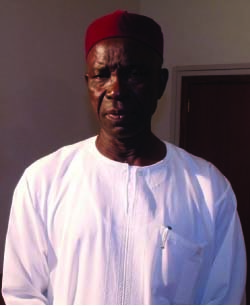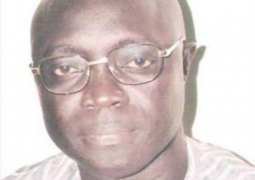
The IOC held a meeting with the Gambia National Olympic Committee (GNOC) and the Gambian government representatives on 24 September in Lausanne, Switzerland, which was chaired by IOC Delegate Member for Autonomy Patrick Hickey, to address the situation faced by the GNOC since April 2014, when the GNOC office was closed by government decision.
Despite numerous requests from the IOC to the highest authorities of the country, the GNOC office has not yet re-opened, and the GNOC is unable to operate normally.
During the meeting, the government delegation and the GNOC were given the opportunity to express their views, and the IOC to answer and clarify any questions raised. In particular, the IOC confirmed, once again, that the GNOC election process which took place more than a year ago had been held in accordance with the Olympic Charter, the GNOC Constitution and all IOC directives and that, as a result, there was no reason to question it.
The same goes for the people who were elected at that Elective General Assembly on 3 August 2013, who have been recognised by the IOC as the legitimate GNOC representatives.
The IOC, the GNOC and the government delegation came to the conclusion that this situation, which has been affecting Gambian athletes and the Olympic and sports movement in the country for too long, must now be resolved.
As a consequence, a number of actions have been requested by the IOC, as follows:
1. The GNOC office and properties must be returned to the GNOC without any limitation or condition.
2. Any “travel ban” issued against the GNOC officers must be lifted and cancelled.
3. As part of the consultative process which should take place between the government, the GNOC and the National Federations to revise the sports legislation in the country, the IOC has offered its assistance, to help the government and the responsible entities to ensure that the new Sports Bill, which is currently being drafted, is fully compatible with the basic principles which govern the Olympic Movement.
4. Commitment to build harmonious relations and fruitful cooperation between the government and the Olympic Movement in The Gambia, which should work as partners, in the framework of their respective responsibilities, to develop sport and the athletes in the country as a common objective.
The case is expected to be reviewed at the next IOC Executive Board meeting in October, and appropriate decisions will be taken depending on the progress made.


